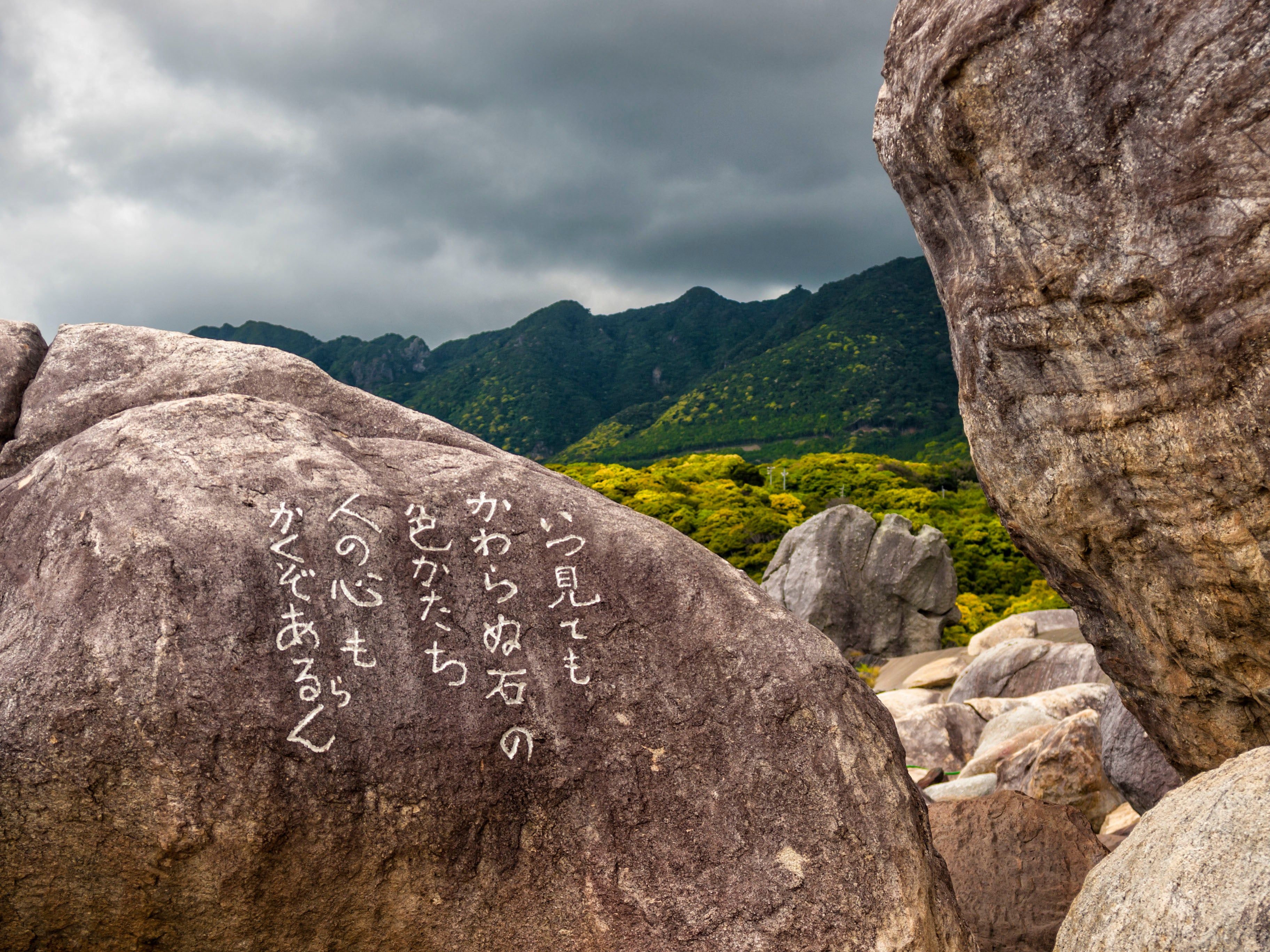Writing haikus everyday will soothe your soul
Haikus, because of their extreme simplicity, have a unique power. Not only do they bring you into the present, but, in their focus on the natural world and the seasons, they provide you with regular reminders that everything is always in constant flux


Believe me when I say that by this point I am as bored as everyone else is by talk of the pandemic. But bear with me. One of the many peculiar things about our spell indoors – which somehow we can both recall vividly and not remember at all – was that it spurred a sizeable number of people to begin to write haikus.
Perhaps the limitations imposed by the form – typically five syllables, then seven, then five again – paralleled the restrictions under which we were living. Or perhaps it was the fact that we all developed a greater fondness for the natural world (the seasons are a traditional subject for haiku poets). At any rate, many of us decided we would become poets, (if that is not too generous a description) and so poets we became.
For the uninitiated, a haiku is a Japanese poetic form consisting of a line of five syllables followed be one of seven and then another line of five. It should be a simple, concrete, dispassionate representation of a moment or two – almost like a couple of comic strip panels – that hints at something deeper.
Per the poet, translator and haiku-advocate Patricia Donegan: a haiku is “a crystalline moment of heightened awareness in simple imagery, traditionally using a kigo or season word for nature.”
So the following –
This is a haiku
It’s seventeen syllables.
It isn’t much good.
– is therefore not really a haiku, despite containing seventeen syllables (and being honest). But then, there is no need to be too fastidious about these things. There are plenty of people who do not consider a haiku a poem, and many more who think it is barely any better than doggerel.
In any event, I did not know any of this when part-way into the pandemic, I began to write haikus every morning and every evening on a whim. And, somehow, I have remained faithful to this practice of trying to describe what I am looking at for more than three years. I have haiku’d while sober, drunk, upbeat, gloomy, short on sleep and brimming with energy. Themes have included the way the light falls on the houses opposite, the sound of the birds of the morning and the racket made by the neighbours…
What you find quite quickly after starting down the path of scribbling haikus every day is that you begin to be able to step outside of time; to freeze a moment. Writing a haiku is a little like creating a photograph or two in writing. There you are, bleary-eyed from last night’s impudent little pinot noir and being woken at three o’clock in the morning by the cats, and then the sun comes up and bathes the cityscape in orange; and everything stops. The edges of reality get harder and sharper, as if a lens has come into focus. You become acutely, absolutely engaged with reality. You are – to use an overused word – present.
Funny, is it not, to think of how infrequently we all spontaneously stop, listen, and look? When we unshackle ourselves from the chains of time and engage with what is staring at us in the face, our problems melt away and we experience an unusual and deep bliss.
To keep up to speed with all the latest opinions and comment, sign up to our free weekly Voices Dispatches newsletter by clicking here
It’s a shame that the term mindfulness has become so overused that it is now near void of all its meaning, bound up with the image of the modern, Forbes 500 business leader or Silicon Valley tech guru, with their energy pills, “coaches”, peculiar eating habits and desires for eternal life.
Because the experience of tuning into reality – having, if only for a moment, bright wide eyes and an open heart – is good for the soul. And that is what writing haikus, in my view, is all about: applying a little balm to the soul by the simple act of paying attention to the universe.
Of course, poetry has a long tradition of being used as a mental salve. Some therapists have their clients read and write poetry in order to help them deal more deftly with their feelings. Some people struggle to express their emotions directly but can do so obliquely, through the imagery typical of poetic language. Others find relief from a sense of isolation by reading the poetry of those who have had similar experiences.
Haikus, because of their extreme simplicity, have a slightly different power. Not only do they bring you into the present, but, in their focus on the natural world and the seasons, they provide you with regular reminders that everything is always in constant flux.
People change, and emotions comes and go, and nothing whatsoever lasts. And armed with this knowledge, you cannot help but enjoy the good times just a little bit more, and not to get too downhearted when faced with the setbacks of life, which are, as we all know, inevitable.

Join our commenting forum
Join thought-provoking conversations, follow other Independent readers and see their replies